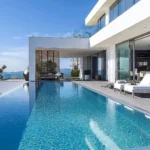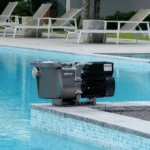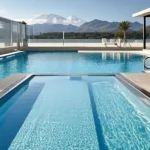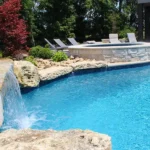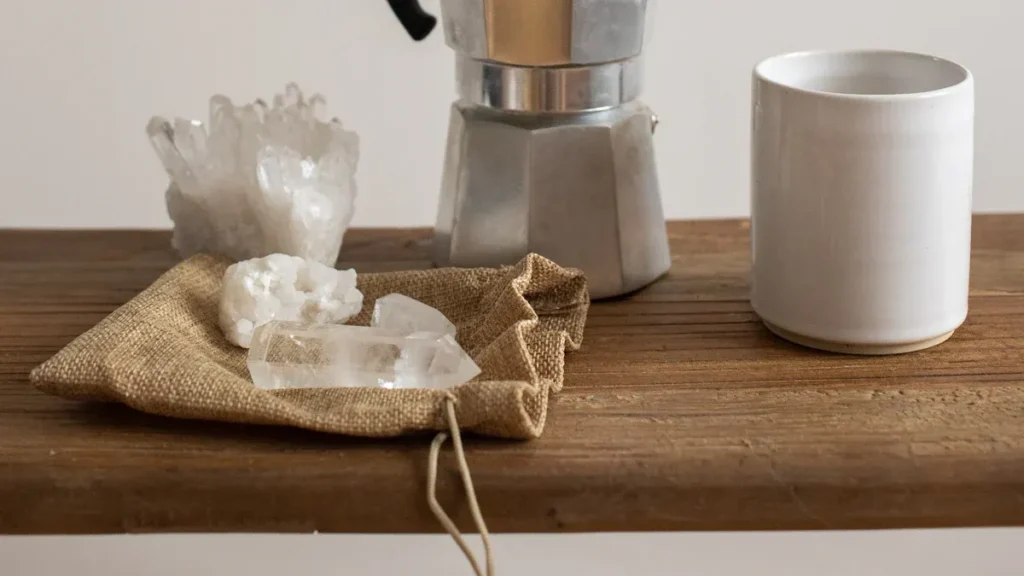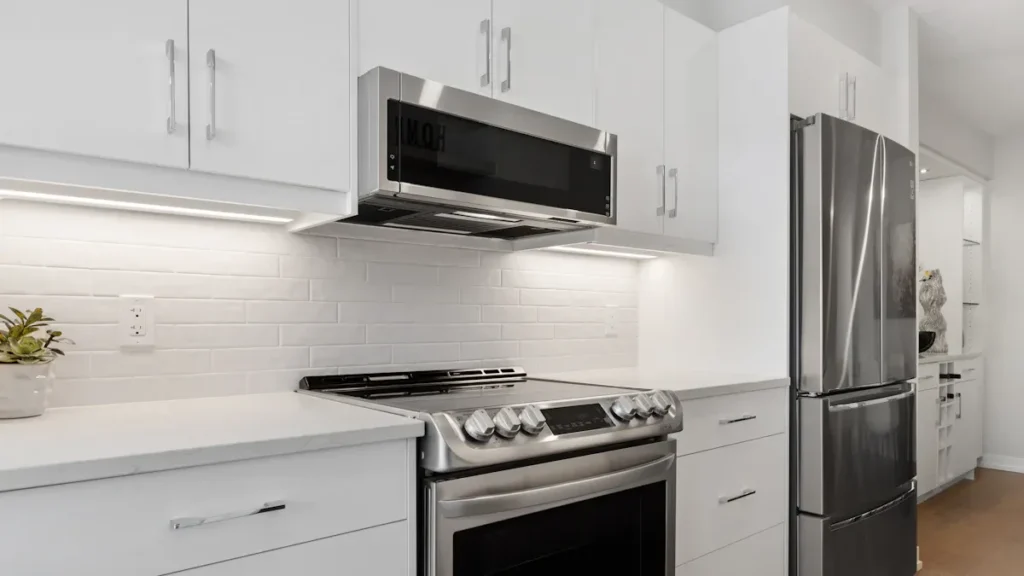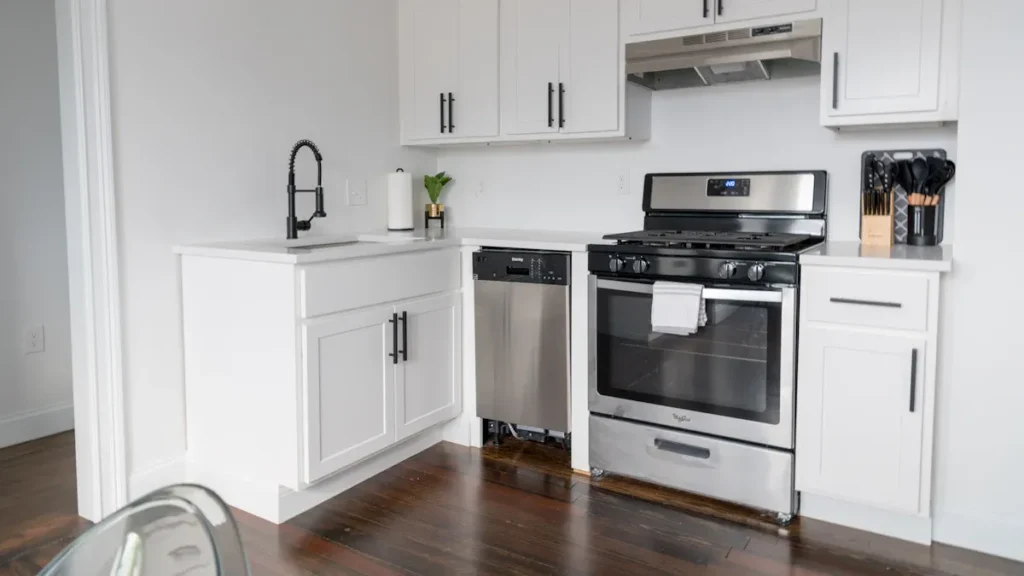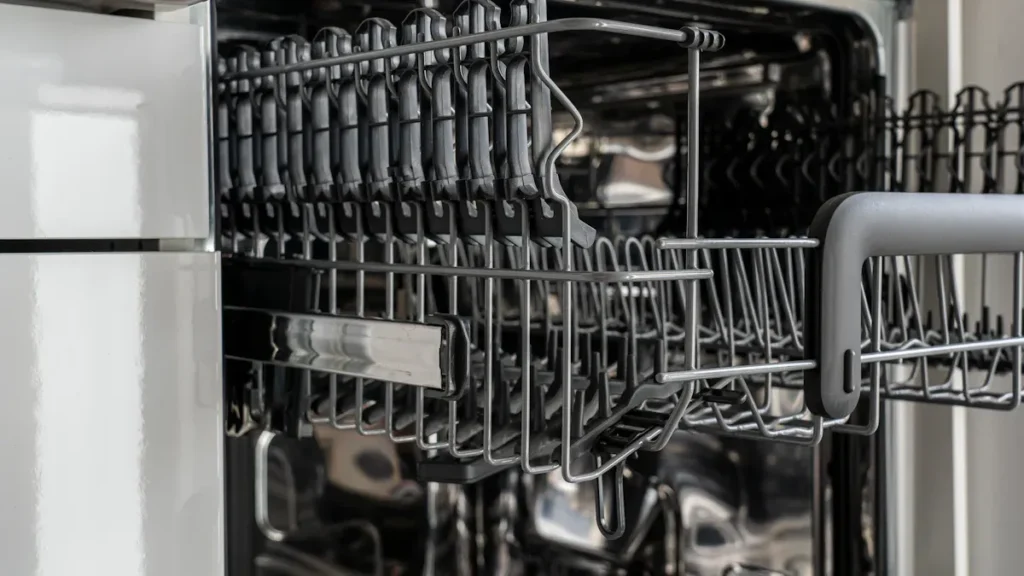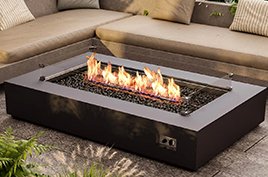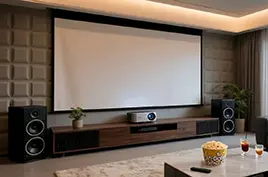Extend Your Swimming Season with Efficient Pool Heating
Imagine enjoying a warm swim even in early spring or late autumn. A pool heat pump makes this possible by maintaining a comfortable water temperature throughout most of the year. Unlike traditional heaters, heat pumps are energy-efficient, environmentally friendly, and ideal for homeowners looking to maximize pool usage while minimizing energy costs.

How Pool Heat Pumps Work
To understand their advantages, it’s essential to know how pool heat pumps function. Rather than generating heat directly, a heat pump extracts warmth from the ambient air and transfers it to the pool water. This process is similar to how an air conditioner works in reverse.
The system uses a compressor and an evaporator coil to absorb heat from the surrounding air. The refrigerant, now heated, passes through a heat exchanger where it warms the pool water. Because it uses outside air to generate warmth, the system consumes less electricity compared to gas or electric resistance heaters.

Benefits of Installing a Pool Heat Pump

1. Energy Efficiency That Saves You Money
Heat pumps typically offer COPs (Coefficient of Performance) of 5.0 or higher, meaning they produce 5 units of heat for every unit of electricity used. This translates to substantial energy savings in the long run, especially in warmer climates where the ambient air is ideal for heat extraction.

2. Reliable Swimming Pool Heating in Most Climates
While heat pumps are most efficient in temperatures above 50°F (10°C), modern units are now equipped with low ambient operation technology. This allows swimming pool heating even in cooler weather, extending your swim season significantly.

3. Eco-Friendly Operation
Since pool heat pumps use renewable thermal energy from the air, they emit far fewer greenhouse gases than fossil-fuel-based heating systems. If you’re aiming for a sustainable villa or green energy certification, a heat pump is an environmentally responsible choice.

4. Longer Lifespan and Lower Maintenance
Compared to gas heaters, heat pumps generally have a longer lifespan—often 10 to 20 years with proper maintenance. They also require fewer repairs since the heating process involves fewer moving parts and no combustion.
Is a Pool Heat Pump Suitable for Villa Pools?
Absolutely. In fact, villa pool heater installations have become increasingly common, especially in upscale homes, resorts, and vacation rentals. Here’s why:
- Quiet Operation: Many luxury villa owners prioritize quiet, serene environments. Modern heat pumps are designed with low-noise technology, often producing less than 50 decibels of sound.
- Smart Controls: Most premium models support Wi-Fi connectivity and can be managed via smartphone apps, making them perfect for remote or seasonal properties.
- Aesthetic Integration: Manufacturers now offer sleek, compact designs that integrate seamlessly into landscaped pool areas, complementing the aesthetics of high-end villas.

Comparing Heat Pumps vs. Other Pool Heating Options
| Heating Type | Initial Cost | Energy Efficiency | Eco-Friendliness | Lifespan | Best Use Case |
|---|---|---|---|---|---|
| Gas Heater | Low | Low | Low | 5–8 years | Cold climates, fast heating |
| Electric Resistance | Medium | Low | Low | 5–10 years | Small pools, indoor use |
| Pool Heat Pump | Medium–High | High | High | 10–20 years | Outdoor pools, villas |
| Solar Heater | High | High (when sunny) | High | 15–20 years | Sunny regions, eco-focused users |
From the table above, it’s clear that pool heat pumps strike a perfect balance between cost-efficiency and sustainability, especially for villa owners who want long-term value.

Choosing the Right Heat Pump for Your Swimming Pool
When shopping for a swimming pool heating solution, consider the following factors:

1. Pool Size and Volume
Larger pools require higher BTU-rated heat pumps. A small plunge pool may only need a 30,000 BTU unit, while a large villa pool might need 100,000 BTUs or more.

2. Climate Conditions
In colder regions, select a heat pump rated for low ambient temperatures, equipped with a defrost cycle to prevent freezing during operation.

3. Energy Efficiency Ratings
Look for models with a high COP rating and certifications like Energy Star. Higher-rated models may cost more initially but pay off in energy savings over time.
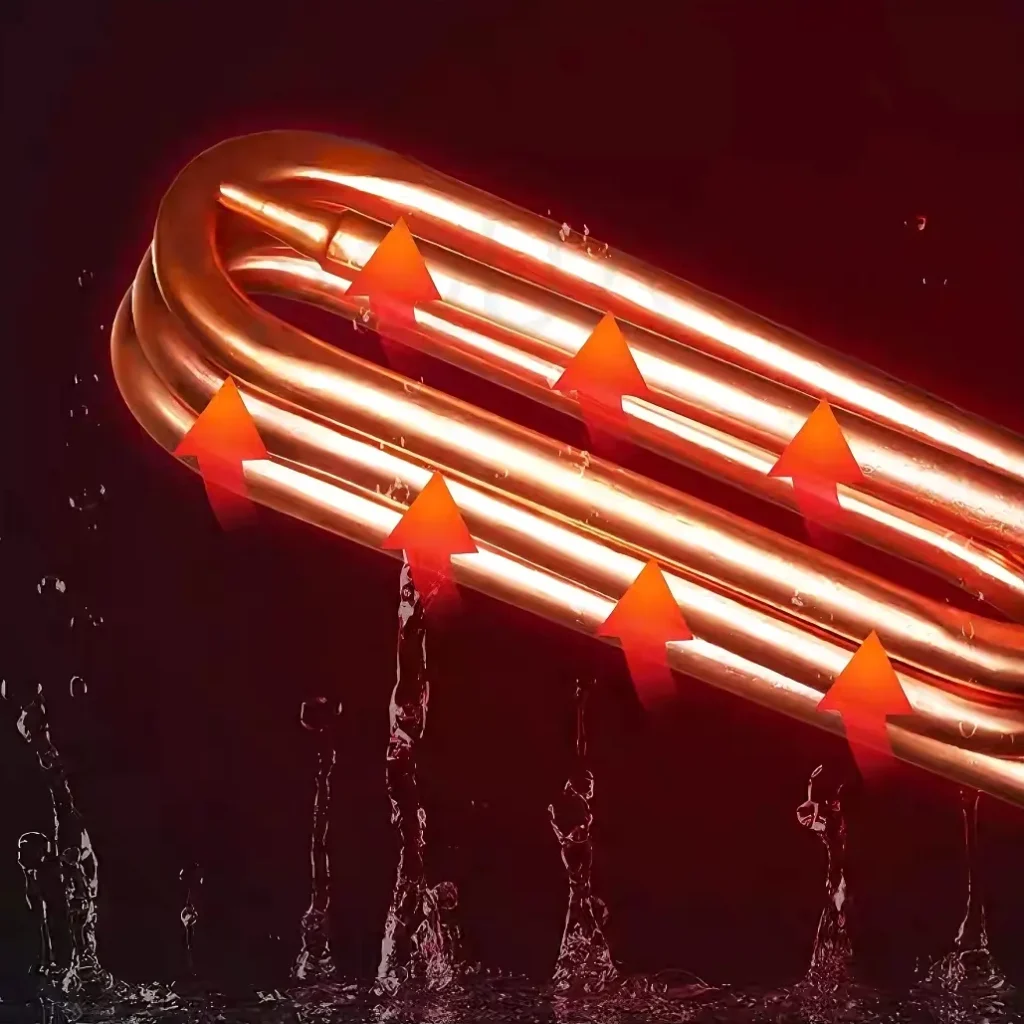
4. Installation Space
Ensure there is sufficient ventilation around the unit. Most heat pumps require 24–36 inches of clearance for optimal airflow.

5. Control System Compatibility
If your villa features a smart home system or centralized pool control, choose a heat pump that integrates with automation platforms for seamless operation.
Common Misconceptions About Pool Heat Pumps
“They only work in hot climates.”
False. Many newer models function efficiently in temperatures as low as 40°F (4°C), and hybrid systems can supplement heating in colder months.
“Heat pumps are too slow.”
While it’s true that heat pumps don’t raise temperatures as quickly as gas heaters, they are ideal for maintaining a steady, comfortable water temperature with minimal cost.
“They cost too much.”
Although the upfront cost is higher than some other systems, the low operational cost often results in a faster return on investment—typically within 2–4 years depending on usage and electricity rates.

Real-Life Case Study: Villa Owner in Southern Europe
A villa owner in coastal Spain installed a 90,000 BTU pool heat pump for a 12m x 5m outdoor pool. With moderate usage (April to October), their heating cost averaged under €100 per month. The owner also connected the heat pump to a smart timer to operate during off-peak electricity hours, further optimizing cost efficiency. Guest reviews noted the “perfectly warm water” as a highlight of their stay—demonstrating not only comfort but increased property value.

Final Thoughts: Is a Pool Heat Pump Worth It?
If you’re looking for a sustainable, cost-effective, and reliable swimming pool heating solution, a heat pump is one of the smartest investments you can make. It enhances your swimming experience, extends your pool’s usability, and adds value to any property—especially villas where luxury and efficiency go hand in hand.
Whether you own a vacation rental, private residence, or commercial villa complex, installing a villa pool heater powered by a heat pump can elevate your pool to a year-round retreat.

